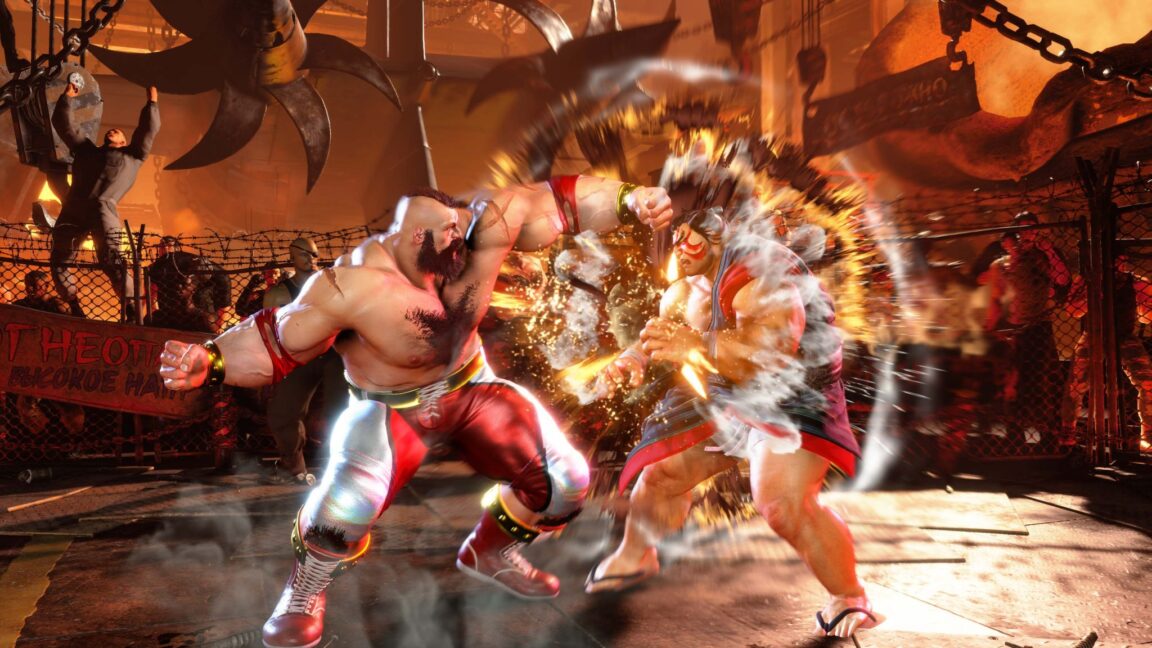For months, popular fighting game YouTubers have been under attack. Even the seemingly most cautious among them have been duped by sophisticated phishing attacks that hack their accounts to push cryptocurrency scams by convincingly appearing to offer legitimate sponsorships from established brands.
These scams often start with bad actors seemingly taking over verified accounts on X (formerly Twitter) with substantial followings and then using them to impersonate marketing managers at real brands who can be easily found on LinkedIn.
The fake X accounts go to great lengths to appear legitimate. They link to brands' actual websites and populate feeds with histories seemingly spanning decades by re-posting brands' authentic posts.
Approaching YouTubers from these accounts, the scammers offer sponsorships, sometimes engaging in prolonged discussions before eventually requiring YouTubers to submit a non-disclosure agreement (NDA). That's when the phishing attack would strike, installing malware when users were asked to download a PDF or click a link to Docusign or an alternative. Within minutes of clicking, YouTubers lost their accounts, which for many meant losing their primary source of income.
Michael Townsend has published popular fighting game guides and reactions to the latest gaming news as "Rooflemonger" on YouTube for the past seven years. In that time, he's gained more than 200,000 subscribers, posting thousands of videos and turning a hobby into a full-time job.
Everything was going great until crypto scammers hacked his account, posing as JBL Audio and removing his YouTube channel for days just as a new game from one of his favorite franchises, Virtua Fighter 6, was announced. His account has since been restored, as have most hacked accounts seemingly, but he missed out on a potentially lucrative news cycle, lost thousands of subscribers, and now has to repopulate old playlists that got deleted.
"I basically had a mental breakdown," Townsend said in a YouTube video explaining how his account got hacked so that others can avoid his "pitfalls."
Townsend is far from the only gamer who got hacked. In a post on X, another YouTuber named five other popular fighting game streamers whose accounts were also compromised. And in a YouTube video explaining "why every YouTuber is getting hacked," a popular Street Fighter 6 gamer who said he was also a victim, "Brian_F," suggested that "nearly half" of fighting game content creators have been affected.
Google did not respond to multiple requests to comment on the phishing scam, but a YouTube spokesperson did respond on X, explaining how YouTubers can get their channels back.
"When a channel is hacked, the first step is for the channel owner to reach out to Creator Support," YouTube said. "If this creator has already reached out, we're most likely already working on it (cases like this can take some time, so we really appreciate your patience)."
On YouTube, Townsend said that YouTube's process for account recovery was tiresome. He had to contact YouTube "over and over and over and over" to "glacially" "get the ball rolling" while he watched his subscriber numbers fall. Once YouTube finally blocked the hacked account, that "stopped the bleeding," he said, but he still seemingly has work to do to rebuild his credibility with YouTube's algorithm after the hack.
Townsend told Ars that he is currently experiencing delays in processing new videos and, perhaps more urgently, believes that issues with the algorithm may be significantly decreasing his revenue on the platform. Townsend told Ars that while YouTube helped restore his channel, the 75 percent drop in income that he's seeing "across the board" is "nothing out of the ordinary." Ars reviewed a side-by-side comparison of video earnings before and after the hack to verify the "monstrous" drop in his earnings.
"I'm fighting with Google now," Townsend told Ars. "I don't expect any real answers from them."


